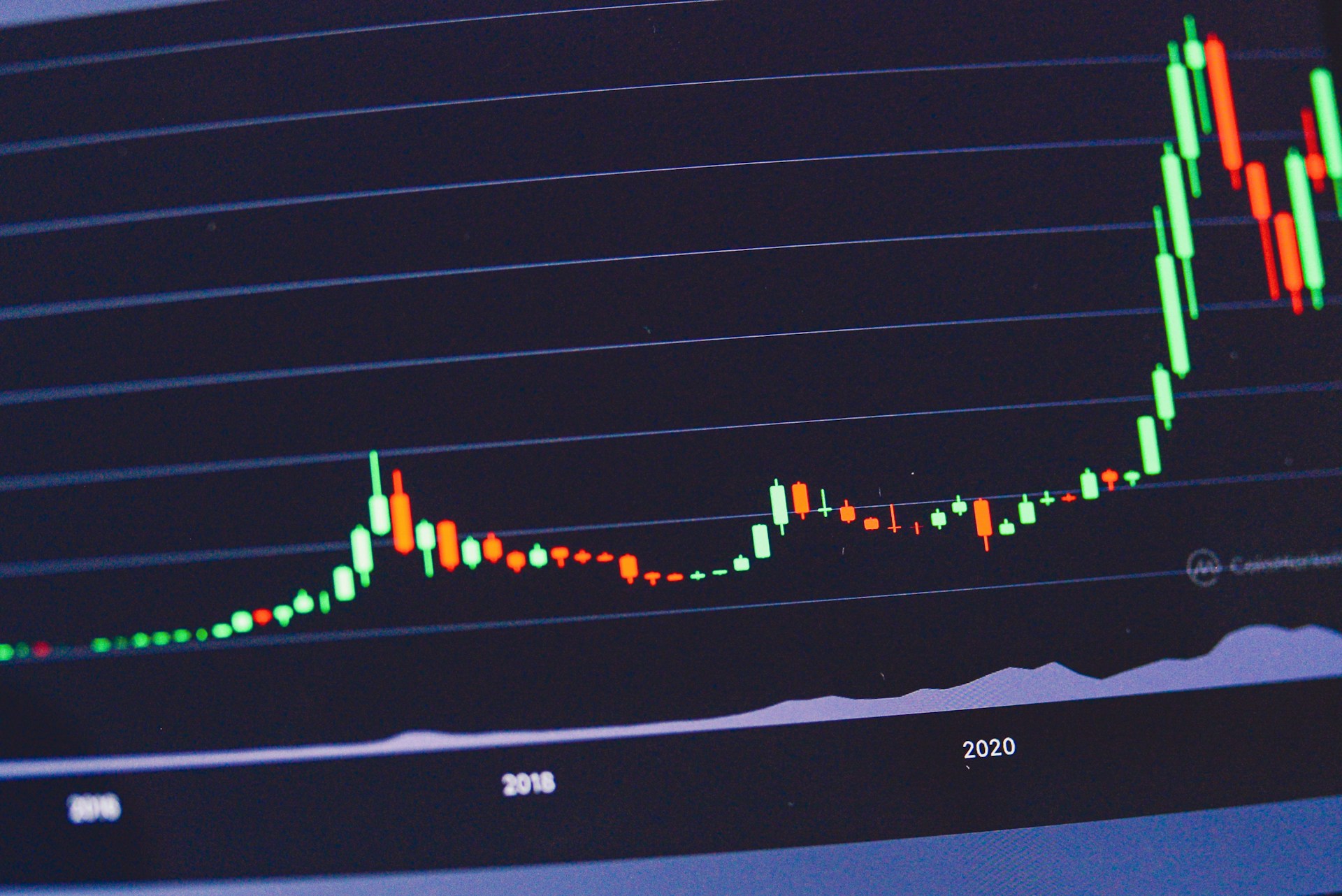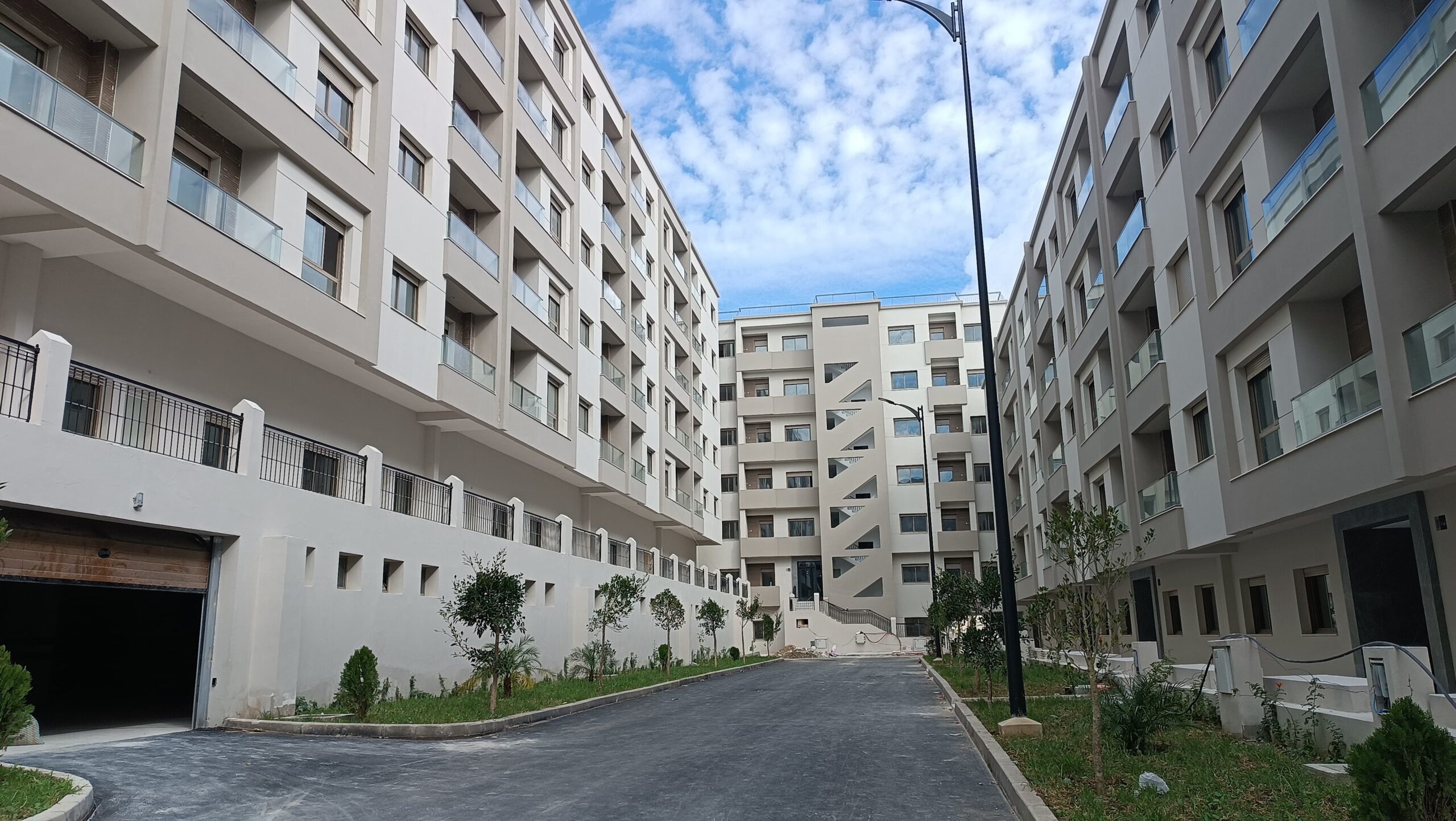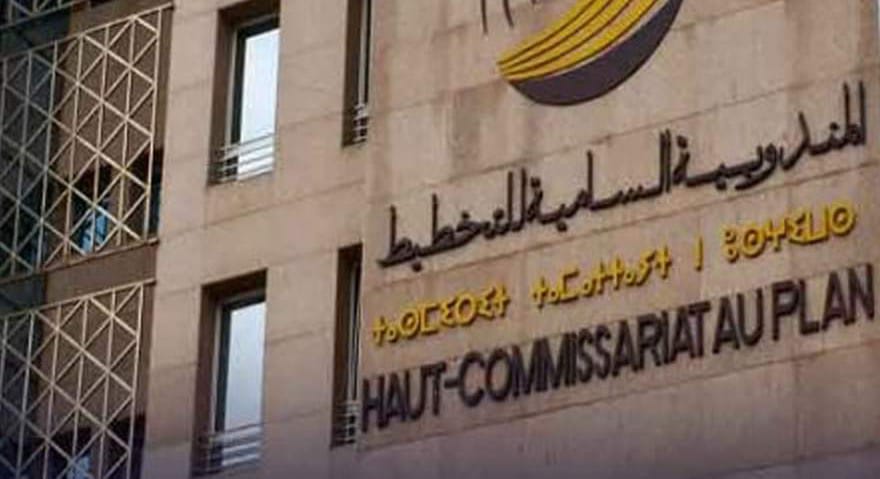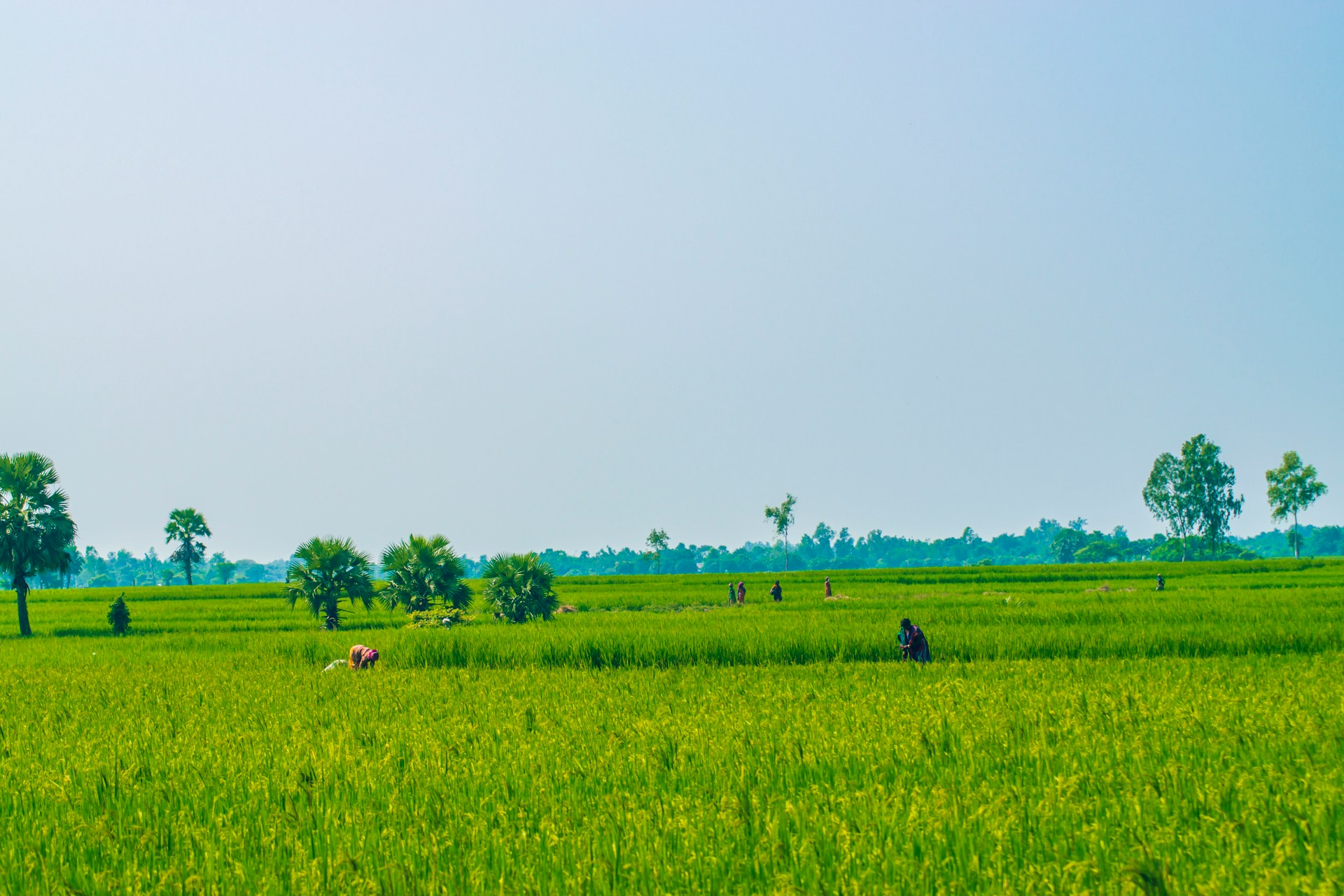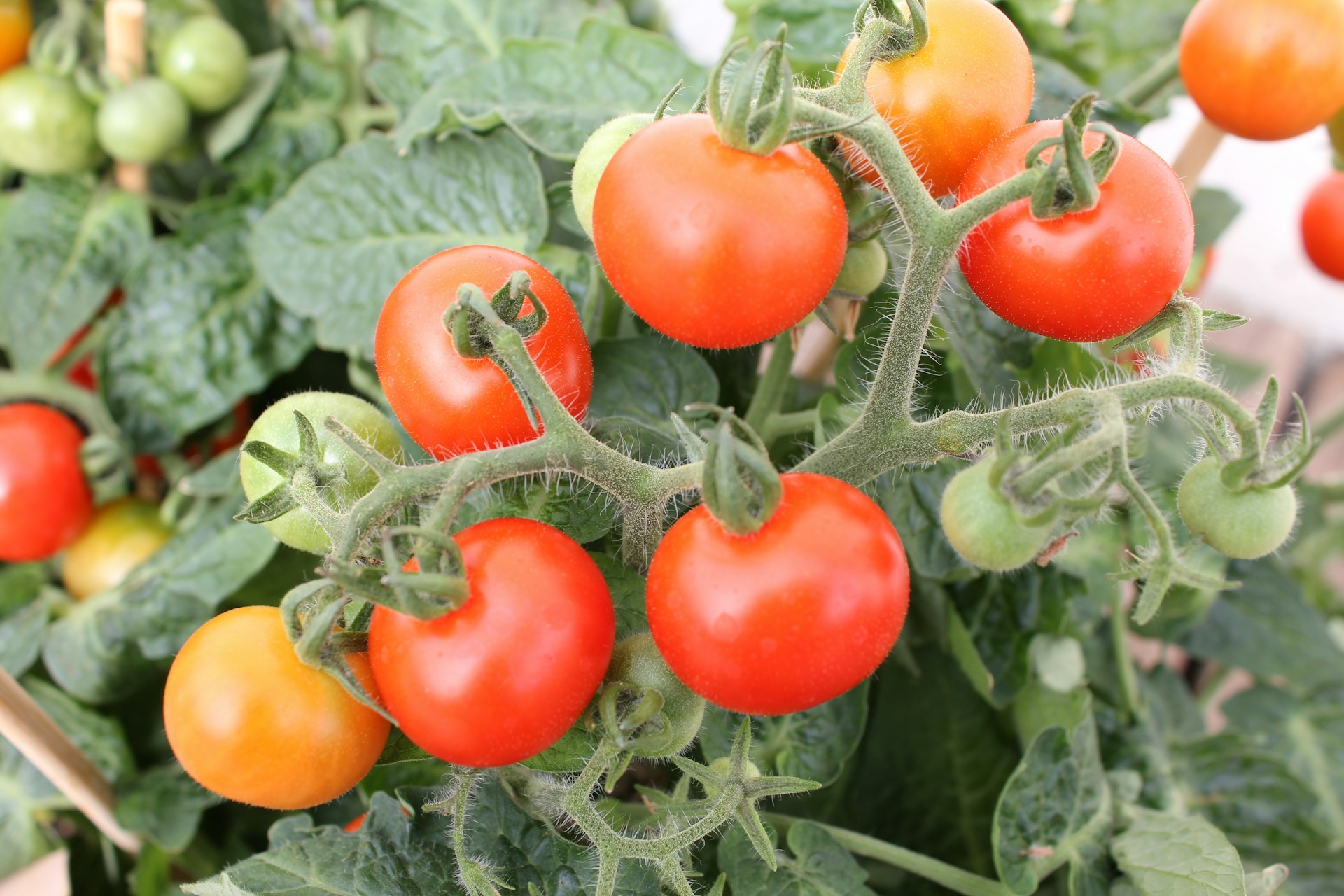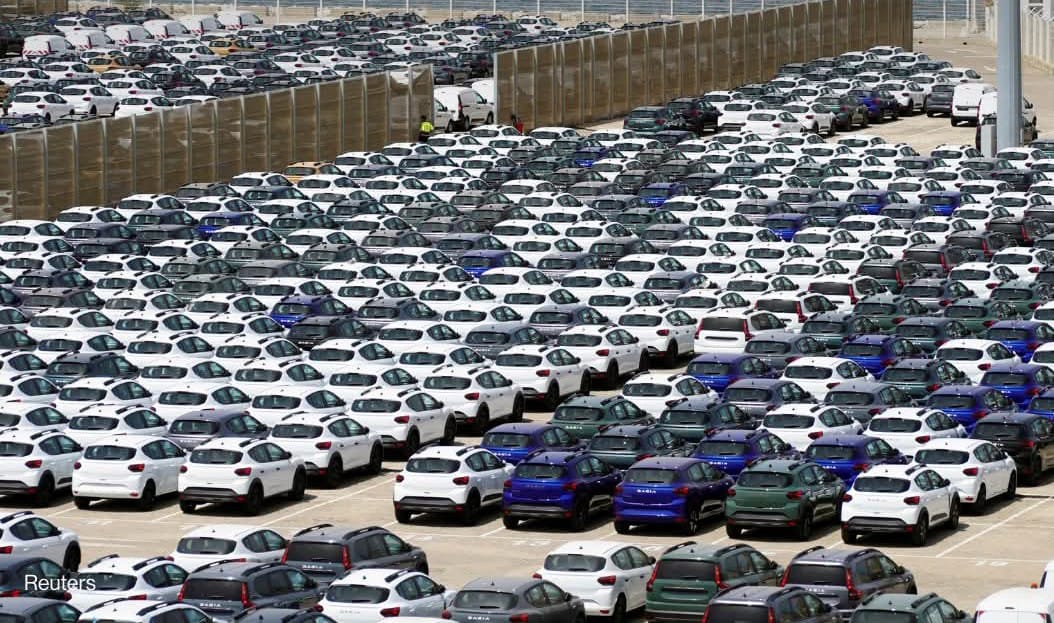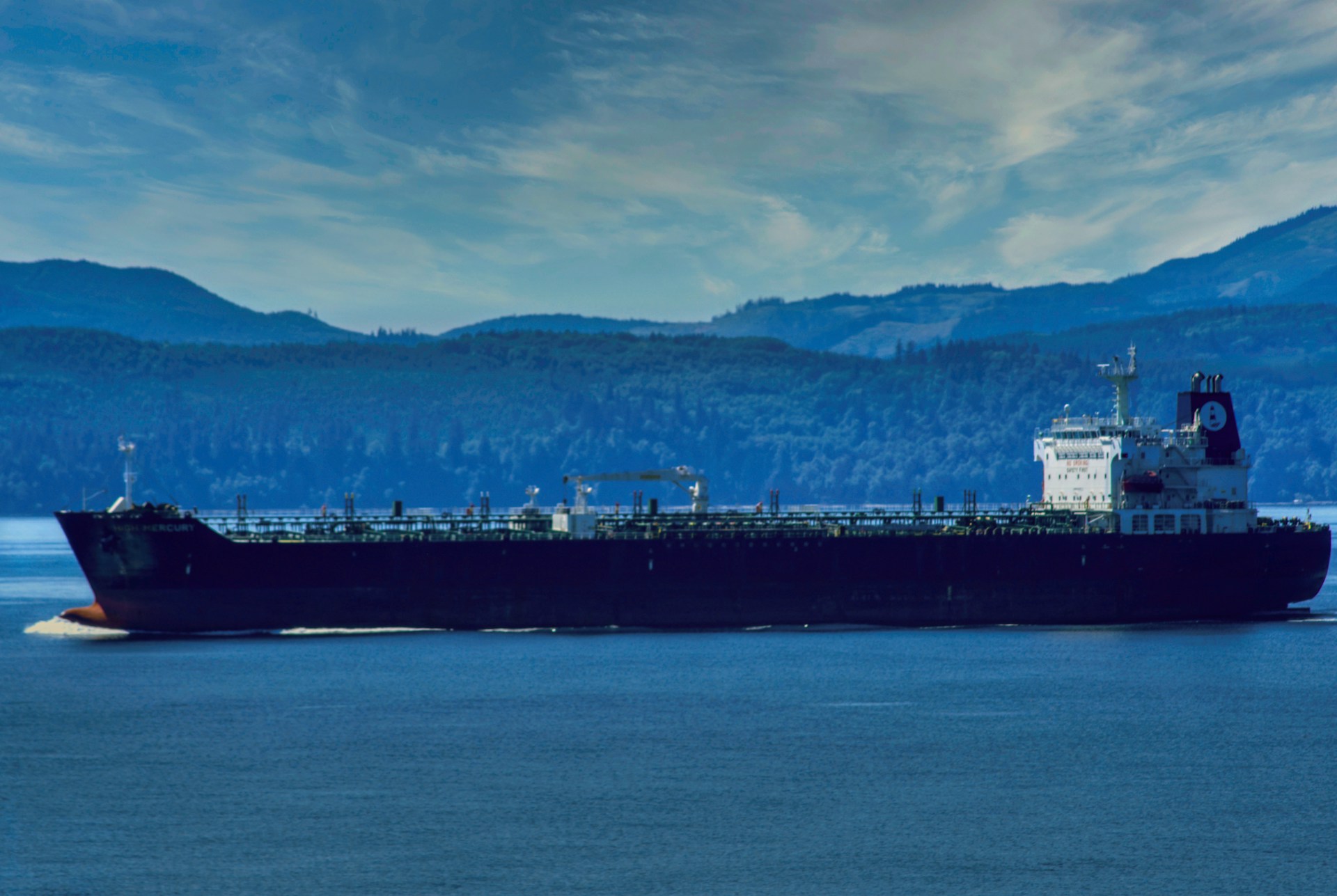Casablanca – Over the past decade, Morocco has emerged as a key destination for Spanish investments, with more than 350 Spanish companies now operating in the country across various sectors, including energy, infrastructure, agriculture, and food processing. This growing presence underscores the deepening economic ties between the two neighbors, even in the absence of a comprehensive free trade agreement.
Economic context and trade relations
Although negotiations for a Deep and Comprehensive Free Trade Agreement (DCFTA) between Morocco and the European Union—which includes Spain—began in 2013, they were suspended in 2014 due to a lack of progress. In the meantime, trade relations between Rabat and Madrid have continued to thrive under the Euro-Mediterranean Association Agreement signed in 2000, alongside specific accords covering agriculture and fisheries.
According to data released by the Spanish government, Morocco is now Spain’s leading trading partner in Africa. The bilateral trade volume has surpassed $23.6 billion annually. Spanish exports to Morocco have seen a year-on-year increase of 6%, highlighting the robustness of commercial exchanges despite the stalled negotiations.
Rising trade surplus and export growth
Spain has consistently maintained a trade surplus with Morocco. In 2020, Spanish exports to Morocco were valued at approximately $7.9 billion, and by 2024, that figure had surged to over $13.9 billion. At the same time, imports from Morocco rose from around $6.8 billion before the pandemic to $10.6 billion in 2024. These trends place Morocco among Spain’s top global export destinations, accounting for more than 3% of total Spanish exports and around 2.3% of its total imports.
Investment drivers and business appeal
Several factors have contributed to Morocco’s attractiveness as an investment destination for Spanish companies. Among them are lower labor costs compared to Spain, geographic proximity, and favorable tax incentives. Additionally, Morocco’s agricultural sector, which employs roughly one-third of the local workforce and contributes around 14% to the national GDP, presents strategic opportunities for agri-business investments.
One notable example is Ebro Foods, a major Spanish food group known for brands like “Brillante” and “SOS.” The company has established a rice production plant in the city of Larache with an annual capacity of 50,000 tons, following an investment of over $16 million. Ebro Foods operates in more than 60 countries, but its expansion into Morocco reflects the country’s growing relevance in regional food supply chains.
Other Spanish firms such as Borges, Chocolates Valor, and Cidacos have also expanded operations in Morocco, particularly in logistics and agri-food manufacturing. Likewise, Semillas Fitó SA, a company specialized in agricultural seeds, is investing in Morocco’s climate-adapted farming technologies, taking advantage of the country’s favorable weather and market potential.
Strategic role of infrastructure and energy sectors
Spanish companies are also playing an active role in Morocco’s infrastructure development and energy projects. According to official sources, these firms are participating in several strategic initiatives led by the Moroccan government, including renewable energy ventures and public works. Their presence contributes significantly to job creation and local capacity building.
Future outlook
Despite institutional delays in updating the trade framework, economic cooperation between Morocco and Spain continues to expand on the ground. With a strong commercial surplus, increasing export volumes, and a growing number of companies investing in Moroccan sectors, Spain is reinforcing its role as a key economic partner to Morocco.
This evolving partnership highlights the interdependence between the two countries and positions Morocco as a strategic hub for Spanish firms seeking access to African and global markets.







